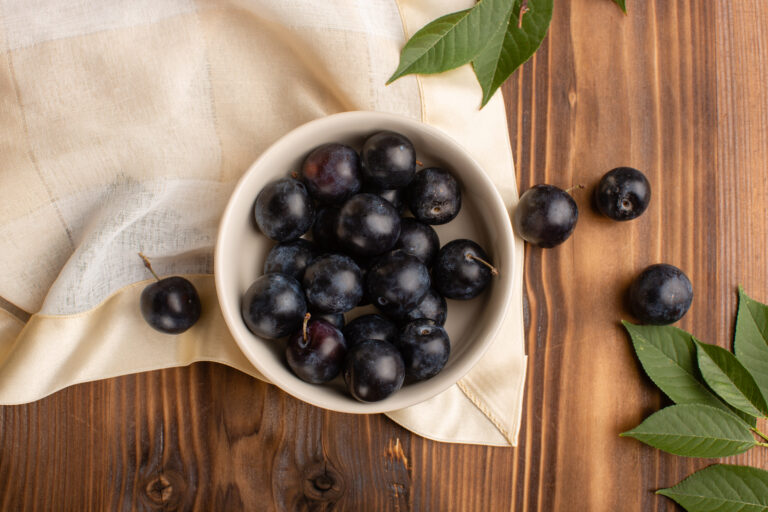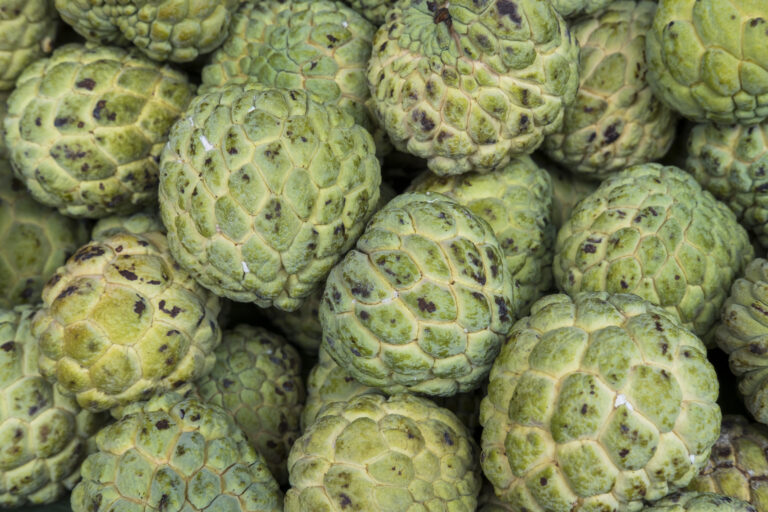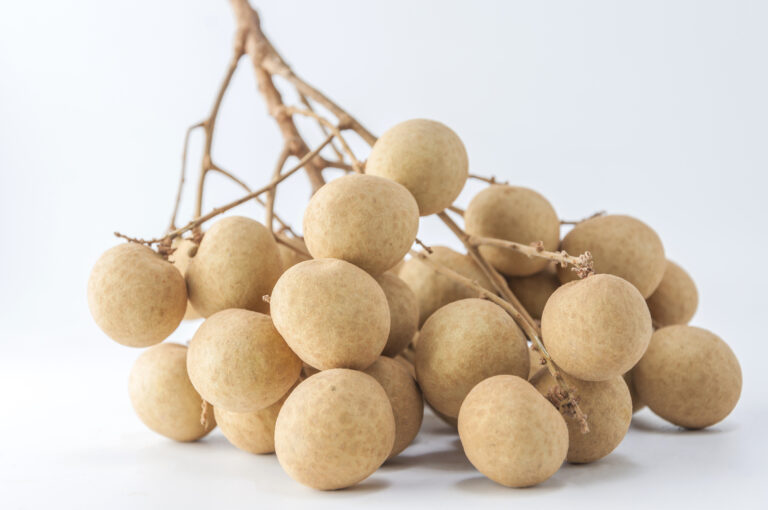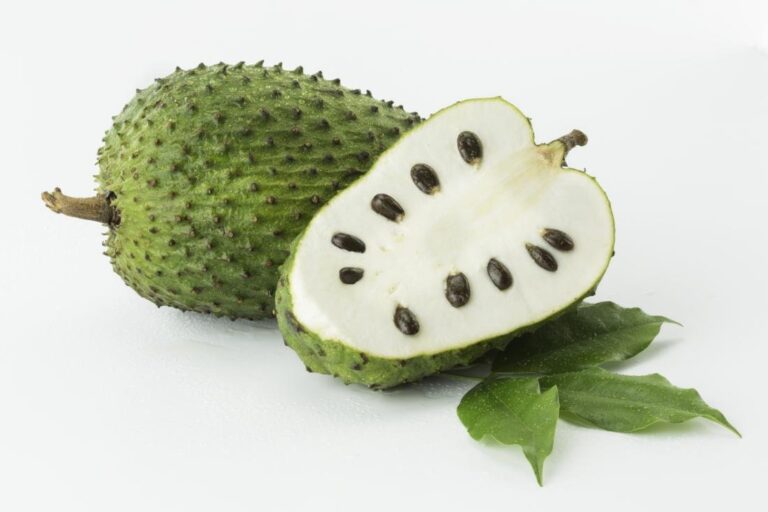Overview
Cuban oregano is scientifically known as Plectranthus amboinicus. It is a perennial herb renowned for its aromatic leaves and diverse applications.
Originating from Southern and Eastern Africa. It has spread to many tropical and subtropical places throughout the world.
Cuban oregano is characterized by succulent, fleshy leaves that are often variegated.
The plant has a bushy growth habit and can reach heights of about 1 to 2 feet. The leaves are green, slightly hairy, and emit a strong aroma when crushed.

Nutritional Value of Cuban Oregano
here’s a general approximation of the nutritional content of 100 grams of fresh Cuban oregano:
- Calories: Approximately 68 calories
- Protein: Around 6.8 grams
- Carbohydrates: Roughly 14 grams
- Dietary Fiber: Approximately 7 grams
- Sugars: About 0 grams
- Fat: Approximately 1.6 grams
- Saturated Fat: Around 0 grams
- Monounsaturated Fat: Approximately 0 grams
- Polyunsaturated Fat: Approximately 0 grams
- Vitamins and Minerals:
- Vitamin A: Varies, but it can be a significant source.
- Vitamin C: Varies; it may contribute to overall intake.
- Vitamin K: Presence depends on the specific herb and growing conditions.
- Calcium: Around 440 milligrams
- Iron: Approximately 15 milligrams
- Potassium: Varies but may contribute to dietary intake.
Keep in mind that these values are estimates and can vary based on factors such as growing conditions, plant variety, and preparation methods.
Potential Health Benefits
While specific research on the health benefits of Cuban oregano (Plectranthus amboinicus) may be limited, the following are potential health benefits associated with certain compounds found in oregano herbs in general:
1. Antimicrobial Properties
Cuban oregano, like other oregano varieties, is believed to possess antimicrobial properties due to compounds like thymol and carvacrol. These compounds have been studied for their potential to combat bacteria and fungi, suggesting that incorporating Cuban oregano into your diet may contribute to overall immune system support.
2. Anti-Inflammatory Effects
Some herbs, including oregano, contain compounds with anti-inflammatory properties. Inflammation is associated with various chronic diseases, and regular consumption of Cuban oregano may help modulate inflammatory responses in the body, potentially supporting joint health and reducing the risk of inflammatory conditions.
3. Rich in Antioxidants
Cuban oregano is likely to contain antioxidants, such as flavonoids and polyphenols, which can help neutralize free radicals in the body. Antioxidants play a role in preventing oxidative stress, which is linked to aging and various diseases. Including Cuban oregano in your diet may contribute to your overall antioxidant intake.
4. Digestive Aid
Traditionally, oregano has been used to aid digestion. Compounds in Cuban oregano, such as essential oils, may stimulate the production of digestive enzymes, helping to enhance the digestion and absorption of nutrients. This digestive support can contribute to overall gastrointestinal health.
It’s important to note that while these potential benefits are associated with certain compounds found in oregano, individual responses may vary.
Flavor and Aroma
When the leaves of this herb are gently crushed or bruised, a robust and intense fragrance is released, filling the air with a distinct blend of herbal, savory, and slightly citrus notes.
The aroma is powerful, making it instantly recognizable and setting Cuban oregano apart from its Mediterranean counterpart. In terms of flavor, Cuban oregano imparts a bold and savory taste, with hints of thyme and oregano but often more complex.
The herb’s unique flavor profile adds depth to culinary creations, making it a versatile ingredient in a variety of dishes, ranging from soups and stews to marinades.
Medical Uses
Here are some of the traditional and potential medical uses associated with Cuban oregano:
- Respiratory Health: Cuban oregano has been historically used to address respiratory issues. Some traditional practices involve using extracts or infusions of the herb to alleviate symptoms of coughs, colds, and congestion. This is attributed to its potential antimicrobial properties and the ability to support respiratory function.
- Digestive Aid: The herb has been employed in traditional medicine as a digestive aid. It may help stimulate the production of digestive enzymes, potentially improving overall digestion and reducing symptoms of indigestion. However, more research is required to establish these impacts.
- Anti-Inflammatory Properties: Compounds found in Cuban oregano, such as flavonoids and essential oils, suggest potential anti-inflammatory effects. This has led to its traditional use for conditions associated with inflammation, such as arthritis. Scientific studies are required to establish the extent of its anti-inflammatory properties.
- Skin Conditions: Cuban oregano has been used topically in some cultures to address skin issues. The herb’s antimicrobial properties may contribute to its traditional use for skin conditions, including minor cuts, abrasions, and skin irritations.
- Antimicrobial Activity: Compounds like thymol and carvacrol present in oregano herbs, including Cuban oregano, are known for their antimicrobial properties. This has led to the traditional use of the herb to combat various infections.
It’s crucial to emphasize that while there is a historical and traditional use of Cuban oregano for these purposes, scientific evidence supporting these specific medical uses is still emerging.
Also, check out The Health Benefits of Mexican Oregano.














